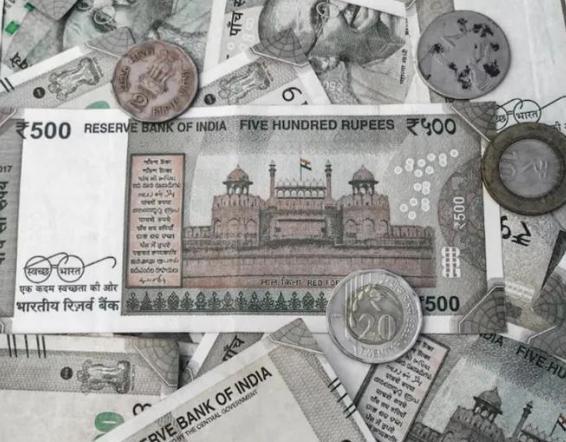
Iran-Israel Tensions: What it means for India’s economy
The ongoing tensions between Iran and Israel have been making headlines globally, with both countries engaging in a series of escalating attacks and counter-attacks. This heightened conflict has significant implications for India, which has close ties with both nations and relies heavily on energy imports from the region. In this blog post, we will explore the potential impact of the Iran-Israel conflict on India’s economy, and the measures that can be taken to mitigate its effects.
India’s Energy Dependence
India is the world’s third-largest energy consumer, and the Middle East is its largest source of oil imports. In 2020, India imported around 64% of its oil from the region, with Iraq, Saudi Arabia, and Iran being the top three suppliers. Iran, in particular, has been a crucial partner for India’s energy needs, with the country being a major supplier of crude oil and natural gas. In 2020, India imported around 450,000 barrels per day (b/d) of oil from Iran, making it one of the country’s largest oil suppliers.
Oil Price Hikes
The ongoing conflict between Iran and Israel has already led to a surge in global oil prices. The Brent crude oil price has risen by around 15% since the beginning of the year, with prices hovering around $70 per barrel. This increase in oil prices can have a direct impact on India’s economy, particularly in terms of inflation. India’s economy is heavily reliant on oil imports, and any increase in oil prices can lead to higher production costs, inflation, and a strain on the government’s fiscal resources.
Trade Route Disruptions
The conflict in the Middle East can also disrupt India’s trade routes, particularly in the context of the Strait of Hormuz. The Strait of Hormuz is a critical waterway that connects the Persian Gulf to the Gulf of Oman, and it is through this strait that around 20% of the world’s oil supply passes. Any disruption to the Strait of Hormuz can lead to a shortage of oil supplies, which can have a devastating impact on India’s economy.
Supply Chain Delays
The conflict in the Middle East can also lead to supply chain delays and disruptions, particularly in the context of trade between India and the region. India’s exports to the Middle East are significant, with the region accounting for around 15% of India’s total exports. Any disruption to trade routes or supply chains can lead to delays in the delivery of goods, which can have a negative impact on India’s economy.
Market Uncertainty
The ongoing conflict between Iran and Israel has also led to significant market uncertainty, particularly in the context of the global economy. The conflict has raised concerns about the stability of the global oil supply, which can lead to increased volatility in financial markets. This uncertainty can have a negative impact on India’s economy, particularly in terms of foreign investment and economic growth.
Currency Strain
The conflict in the Middle East can also lead to currency strain, particularly in the context of India’s currency, the rupee. The rupee has been under pressure in recent months, particularly due to the ongoing trade tensions between the US and China. The conflict between Iran and Israel can further weaken the rupee, making imports more expensive and reducing the purchasing power of Indian consumers.
Implications for India
In conclusion, the ongoing tensions between Iran and Israel have significant implications for India’s economy. The conflict can lead to higher oil prices, trade route disruptions, supply chain delays, market uncertainty, and currency strain. India’s close ties with both countries and its significant energy imports from the region make it vulnerable to the effects of the conflict.
Managing the Ripple Effects
In order to manage the ripple effects of the Iran-Israel conflict, India must adopt a balanced and diplomatic approach. The country must maintain good relations with both Iran and Israel, while also exploring alternative energy sources and diversifying its trade routes. India must also strengthen its economic ties with other countries in the region, such as Saudi Arabia and Iraq, in order to reduce its dependence on Iran.
Conclusion
The ongoing tensions between Iran and Israel have significant implications for India’s economy. The conflict can lead to higher oil prices, trade route disruptions, supply chain delays, market uncertainty, and currency strain. In order to manage the ripple effects of the conflict, India must adopt a balanced and diplomatic approach, and must prioritize diversification and self-reliance in its energy and trade policies.
News Source:
https://ascendants.in/business-stories/iran-israel-conflict-indian-business/






